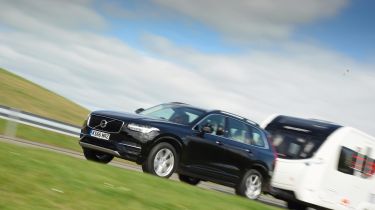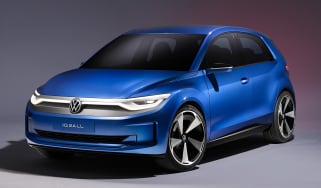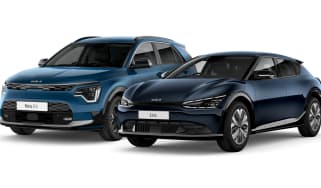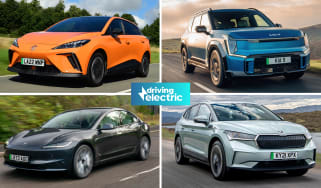What is torque? Definition, equations and units explained
You'll often see reference to a car's 'torque' figure, but what is this exactly and what does it mean? We explain

Torque is frequently referred to in new-car marketing and advertising materials, as well as online car reviews and motoring magazines. It's often mentioned in the same sentence as horsepower, but it's not always clear exactly what a certain torque figure means. This article aims to clear up any confusion.
Torque output has become more important in recent years, as a combination of safety requirements and the proliferation of luxury and high-tech features have made today's cars much heavier than their predecessors. That means they require more rotational force – or torque – to get moving.
Engines can be tuned to produce more torque at either low revs or high revs. Those that produce the most torque at low revs (diesel engines especially) tend to feel the most responsive and eager in everyday driving. Electric motors produce maximum torque from the off, and so electric cars take off very quickly when you hit the accelerator.
What is torque?
Torque refers to the 'amount of work' an engine can do, while horsepower refers to how quickly it can do that work. Torque can be referred to colloquially as 'pulling power', 'oomph' or 'grunt'. It's measured in Newton metres (abbreviated to Nm) or pound feet (abbreviated to lb/ft).
Specifically, torque actually measures the amount of force required to twist an object (for example, to tighten the lid on a soft-drink bottle, or tighten a wheel nut). In the case of an engine, it measures how much twisting force is available at the crankshaft at a given number of engine revs per minute (rpm).
So you would see a maximum torque figure expressed in terms of '350Nm @ 2,500rpm'. In a car, power is a measure of how quickly an engine can exert that same torque over time, so the more of both that you have, the faster you can accelerate.
How are torque and horsepower related?
Torque and horsepower are very closely related, because – in an internal-combustion engine – you can’t have one without the other. In mathematical terms, horsepower is calculated as follows
Horsepower = Torque x RPM ÷ 5,252
So if you compare two engines with different torque outputs, the higher-torque motor will always make more horsepower at any given engine speed.
However, many high-torque engines are not built to rev that highly (such as the diesel engines in tractors and construction machinery), so their ultimate power figures are often compromised.
In contrast, a high-revving petrol sports car may be engineered to have a lower torque figure, but its extreme power delivery at high engine speeds allows it to go faster.
Most Popular

Volkswagen ID.2 will be a VW Polo for the electric age and we’re buzzing

New Kia Niro and EV6 ‘Horizon’ special editions bring value to brand’s EV line-up

Top 10 best electric cars 2023/2024